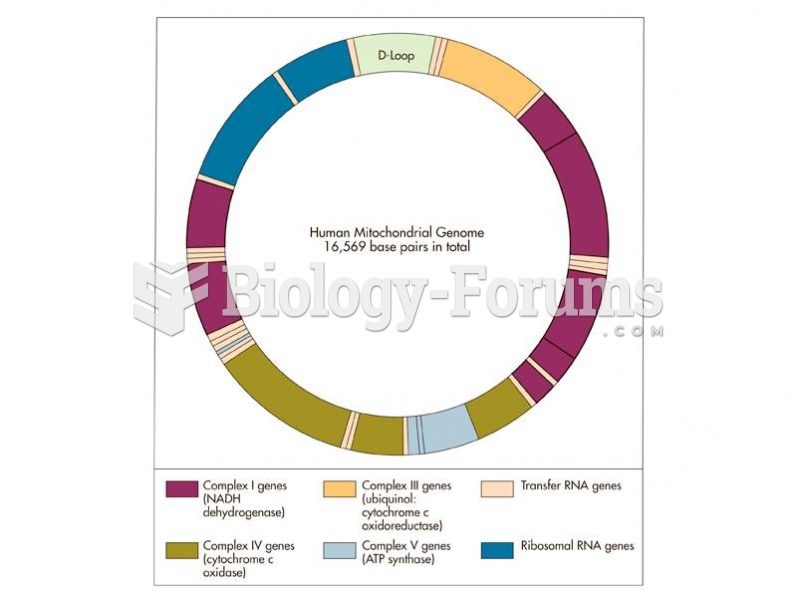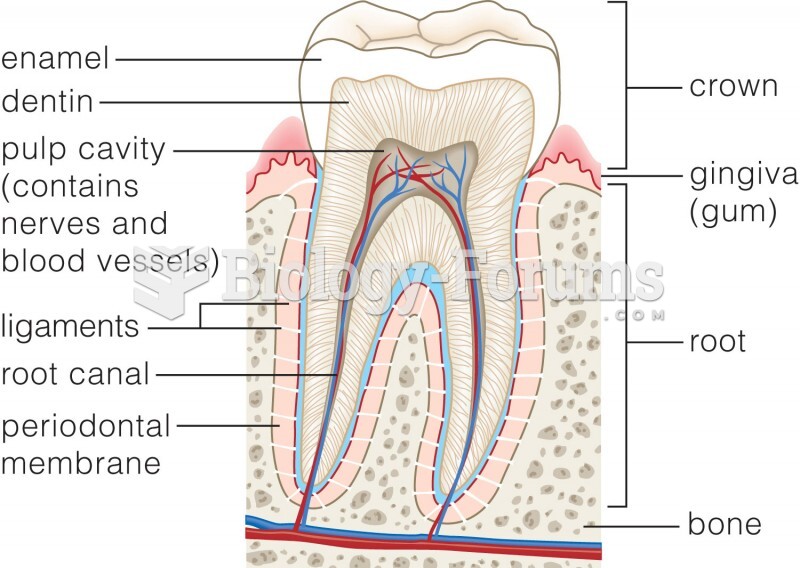|
|
|
According to the Migraine Research Foundation, migraines are the third most prevalent illness in the world. Women are most affected (18%), followed by children of both sexes (10%), and men (6%).
Illicit drug use costs the United States approximately $181 billion every year.
People with high total cholesterol have about two times the risk for heart disease as people with ideal levels.
After 5 years of being diagnosed with rheumatoid arthritis, one every three patients will no longer be able to work.
Though methadone is often used to treat dependency on other opioids, the drug itself can be abused. Crushing or snorting methadone can achieve the opiate "rush" desired by addicts. Improper use such as these can lead to a dangerous dependency on methadone. This drug now accounts for nearly one-third of opioid-related deaths.







